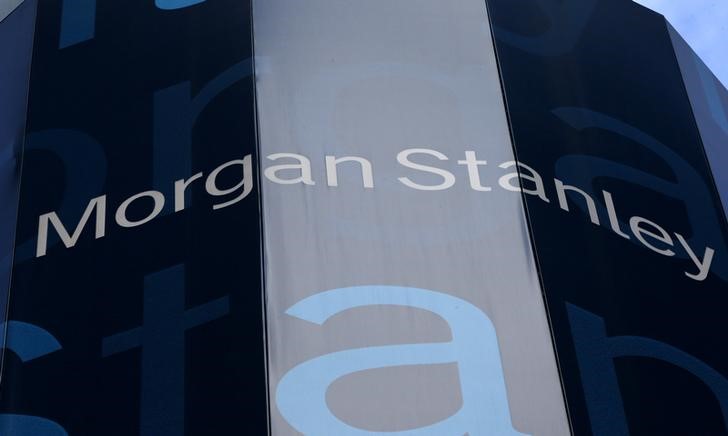Consumer sentiment is improving, Morgan Stanley's survey shows
Investing.com -- Consumer sentiment in the U.S. hit a three-year high in October, according to Morgan Stanley’s latest AlphaWise survey, which tracked the spending intentions of U.S. consumers.
The bank said in a note Monday that the results show increasing optimism about the economy, although spending plans for consumer electronics remain weak.
The survey, conducted between October 24 and 28, is said to have found that consumer confidence has increased, with more Americans reporting a positive outlook on the economy than at any time since July 2021.
“US consumers now have the most positive view on the economy since July 2021,” the bank noted.
Morgan Stanley said high-income households especially felt an improvement in their financial outlook, while sentiment among other income brackets remained stable.
However, they added that the outlook for consumer electronics spending heading into the holiday season is less encouraging. The survey reportedly revealed a month-over-month drop in short-term electronics spending intentions, a metric that has historically risen in October as consumers prepare for Black Friday and Cyber Monday.
Specifically, net spending intentions for electronics over the next month are said to have fallen to -7%, down from previous years’ increases.
In a further sign of caution, Morgan Stanley says a net 5% of consumers plan to reduce spending on electronics during the holiday season compared to last year.
In the medium term, spending intentions have shown some improvement, particularly among higher-income households, yet the data remains in negative territory overall, according to the bank.
The next six-month electronics spending outlook increased by three percentage points month-over-month to -12% but still reflects restrained enthusiasm for major purchases.
As the holiday season approaches, the survey’s findings suggest that while consumer sentiment is improving broadly, expectations for electronics purchases remain subdued.
Morgan Stanley’s analysts advise caution for retailers in this segment, as spending intentions have yet to demonstrate consistent positive momentum.
Source: Investing.com
